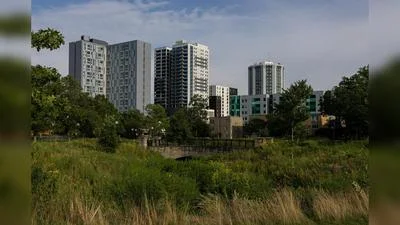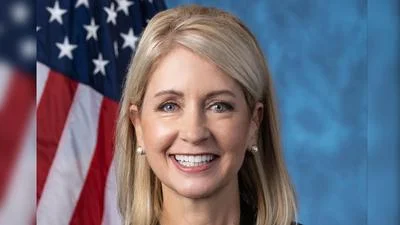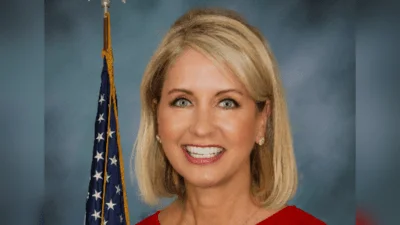For the fourth straight year, Illinois State completed the mission of Birds Give Back, a day where Redbirds come together to celebrate the University. Thanks to our donors, $958,944 was raised from 2,919 gifts, making this year’s edition the University’s second-best giving day ever following last year’s record-setting show of support.
Senior Director of Annual Giving Jillian Nelson said Birds Give Back 2022, held February 24, might be Illinois State’s proudest giving day yet.
“Giving day is always an adventure,” Nelson said. “We prepare and plan and you never know exactly how the day will unfold. This year was a challenge with so many things going on in the world, inclement weather, and some technical difficulties. The amazing thing about our Redbird community is that we collectively persisted.”
Multiple donors challenged their fellow Redbirds to make an impact and improve the Illinois State experience for our students. Time after time, donors stepped up to meet those challenges. By the end of the night, 44 challenges were unlocked due to the strong participation from Redbirds across the country.
School of Communication led the way with 328 gifts to set its own record and unlock a $125,000 challenge from Professor Emeritus Larry Long and Dr. Penelope Long. Division of Student Affairs continued its tradition of giving day excellence with four areas in the top 10: the Multicultural Center, the LGBTQ+ Student Support Fund, the Center for Civic Engagement, and University Housing.
In addition, several new units made a big splash during Birds Give Back. Geography, Geology, and Environment came in at number four on our leaderboard with 151 gifts totaling more than $30,000. Other new top 10 performers included Mennonite College of Nursing and Family and Consumer Sciences.
Nelson said that success during Birds Give Back comes down to people who are willing to be champions for their causes.
“For example, the Geography, Geology, and Environment Department brought in 11 gifts last year and this year had 151 gifts totaling more than $30,000,” Nelson said. “This was in large part due to Dr. David Malone, who decided to be an advocate. He leveraged his personal relationships and his excellent work as a professor to help encourage his alumni to support the program that helped propel their careers.”






 Alerts Sign-up
Alerts Sign-up